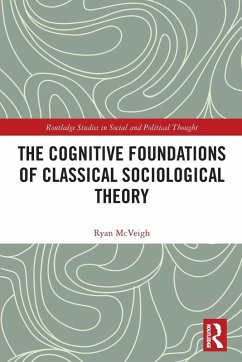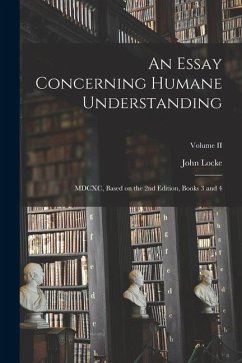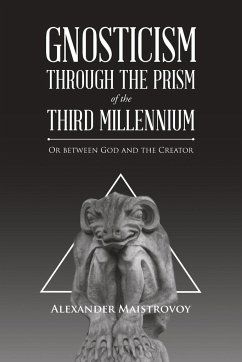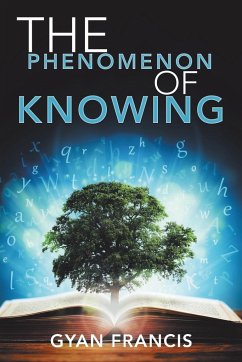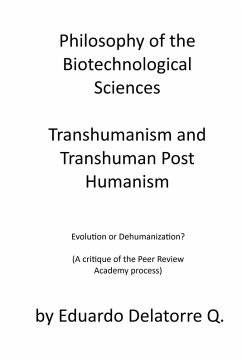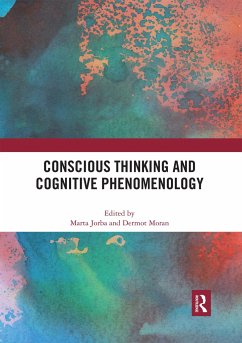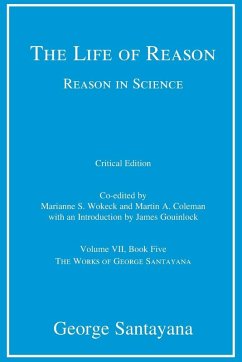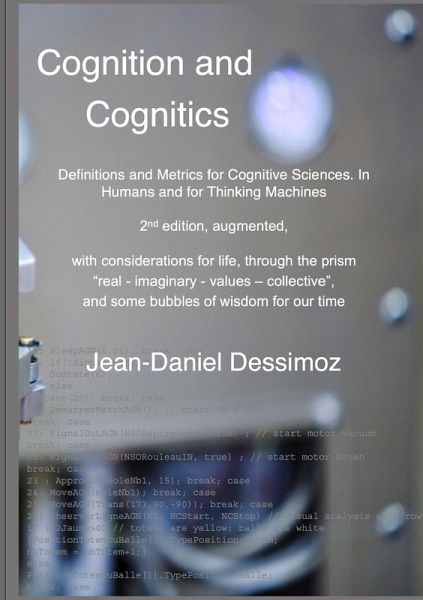
Cognition and Cognitics - Definitions and Metrics for Cognitive Sciences, in Humans, and for Thinking Machines, 2nd edition, with considerations of life, through the prism "real-imaginary-values-collective", and some bubbles of wisdom for our time
Versandkostenfrei!
Versandfertig in 1-2 Wochen
71,99 €
inkl. MwSt.

PAYBACK Punkte
36 °P sammeln!
What is intelligence, learning, or abstraction? How to assess complexity? How much knowledge is required to help at home? Classical theories do not answer satisfactorily most of these questions; the book does, providing the main founding elements for cognitive sciences, for humans and machines. Smartphones, robots, networks and mechatronic systems, all these non-human resources invade the domain of cognition: computations, games, translations, computer vision, speech recognition, ability for robots to follow a human, or replication of movements taught by gestures. This is the field of automate...
What is intelligence, learning, or abstraction? How to assess complexity? How much knowledge is required to help at home? Classical theories do not answer satisfactorily most of these questions; the book does, providing the main founding elements for cognitive sciences, for humans and machines. Smartphones, robots, networks and mechatronic systems, all these non-human resources invade the domain of cognition: computations, games, translations, computer vision, speech recognition, ability for robots to follow a human, or replication of movements taught by gestures. This is the field of automated cognition, "cognitics", which requires to be managed accurately, quantitatively. This second edition is augmented to consider cognition in a more global perspective, where life appears as a rainbow, with four fundamental colors: real, imaginary, values and collective. There emerges a new apprehension of time and emotions, as well as multiple elements of wisdom, both as principles, and in concrete cases.





